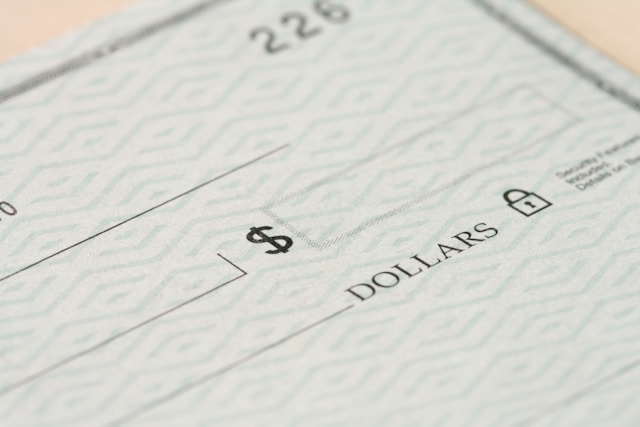If you’re in a significant amount of debt, some creditors may have begun coming after your paycheck directly. These wage garnishments can be embarrassing and a strain on your household budget. So can filing for bankruptcy stop them? This may be an option, but you really should discuss how this all works with a Montgomery County Chapter 13 bankruptcy lawyer from our firm before you do anything.
Can the Automatic Stay Stop All Wage Garnishments?
When you file for bankruptcy, an automatic stay is issued. This puts a stop to the collection activities of creditors. This includes wage garnishments.
There are some important things to be aware of though. First, you and your lawyer may need to contact the creditor and your employer upon filing for bankruptcy. Otherwise, the garnishment could go on longer than anticipated. Getting that money back is possible, but often difficult, so it’s good to make sure that all parties get the news about your bankruptcy filing as soon as possible.
Second, there are many types of wage garnishments that will not be affected by the automatic stay. Some types of debt could not be affected at all or could be affected just temporarily. A good example of this is child support debt. If you owe back child support and your wages are being garnished, bankruptcy cannot put a stop to that or get you out of paying this debt.
Can Wage Garnishments Start Up Again After a Bankruptcy Filing?
Even if an automatic stay is issued, some types of debt won’t be discharged during your bankruptcy. This means that some wage garnishments could continue after you have filed.
We mentioned child support, but having a backlog of owed payments on other domestic obligations like alimony could also allow for wage garnishments. Recent tax obligations are another debt that may not be wiped out in bankruptcy. The IRS or state treasury could decide to garnish your pay to get what they are owed.
Is Bankruptcy the Best Way to Stop Wage Garnishments?
It could be. If your wage garnishments are from unsecured debt that could be wiped out in bankruptcy, this could give you a fresh financial start. If your wages are being garnished for other reasons, then bankruptcy may not be all that helpful. It’s important to look at your accumulated debt and think about what could be left over after you file for bankruptcy.
Bankruptcy is not some simple reset button. It’s an involved process with a lot of paperwork. It can also affect your credit for years to come. You should seriously consider your options before filing.
Talk to a Bankruptcy Lawyer
When you are ready to learn more about your options and the bankruptcy process, contact Mudrick & Zucker. We can schedule a consultation and tell you more about what we can do to help you with your debt and wage garnishments.


